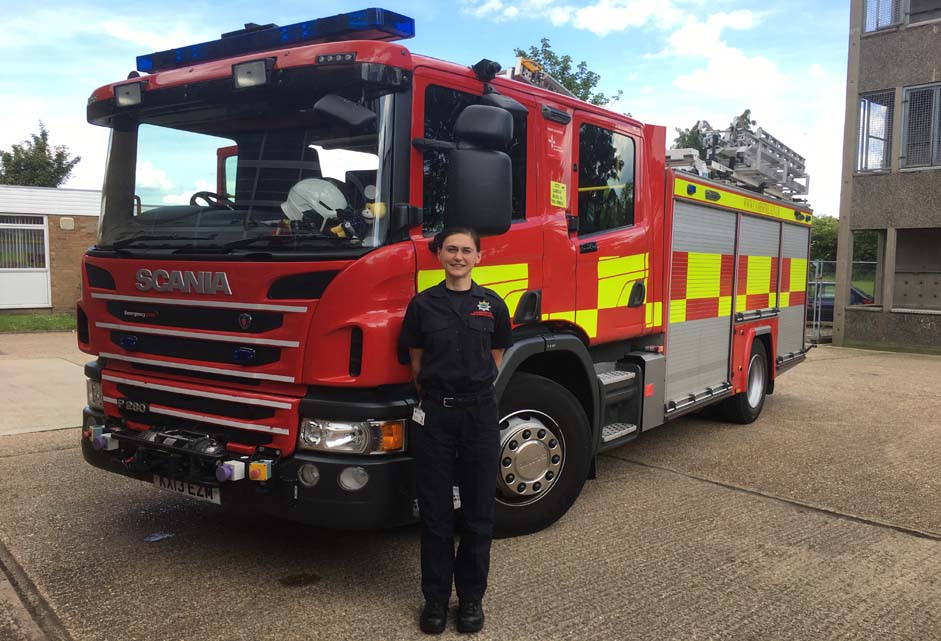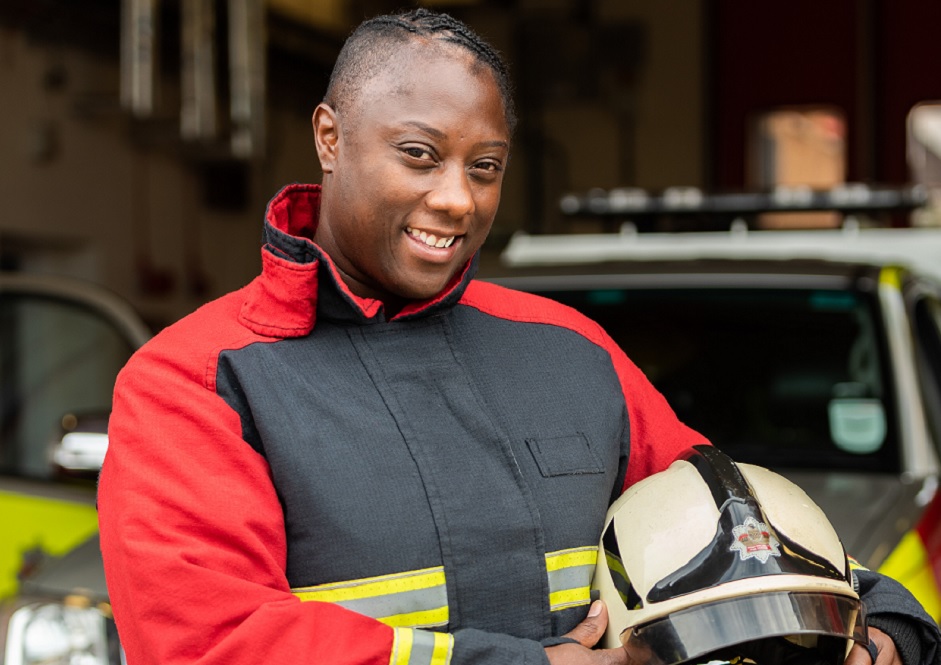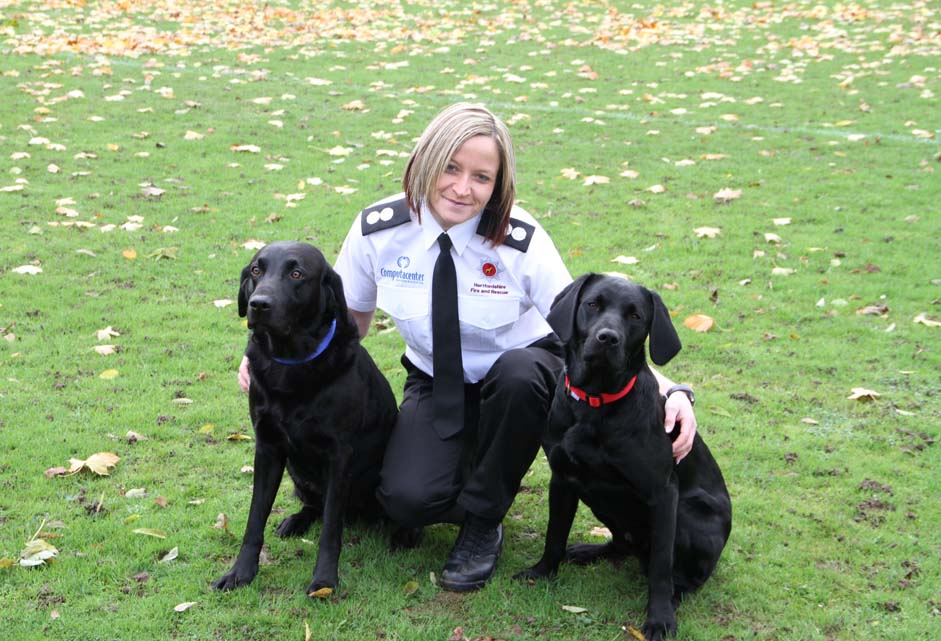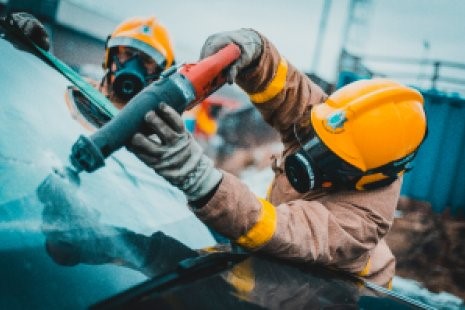Fire and rescue services could not do what they do without the many people who give their time, energy and commitment to their service. Find out how you can join them and be part of something bigger.
Ways to get involved
Volunteer
Volunteers make a vital contribution to many fire and rescue services. Different services offer different opportunities, but generally, volunteers offer their skills, knowledge and time to a variety of community safety initiatives, including home safety visits, community initiatives, heritage and education events. Find out more about voluntary positions in your area by contacting your local fire and rescue service.
Join the cadets
Cadet schemes allow young people to safely experience the day to day role of a firefighter. Being a cadet:
- aids physical, mental and social development
- helps to develop discipline, social conscience and community awareness
- promotes leadership qualities and team skills
- is fun!
You will learn skills such as hose and ladder operation, first aid and health and safety training. You may also take part in projects to improve the safety of your local community. Find out more about cadet schemes in your area by contacting your local fire and rescue service.
Become an apprentice
Apprenticeships are paid and are open to all ages and backgrounds.
Apprentices can earn as they learn, by gaining qualifications while pursuing a career in the fire sector.
Apprenticeships are available in operations (firefighting), community safety, human resources, IT, finance and administration
Find out more about apprentices in your area by contacting your local fire and rescue service.
Be an on-call firefighter
As an on-call firefighter, other than for training, which normally lasts two to three hours per week, you will generally only attend the fire station when you are called to respond to an incident. When that happens, you will need to get to your station within a set period of time.
You will be paid an annual retainer, plus an additional hourly rate whenever you are called out. Many on-call firefighters have other responsibilities, such as full or part-time jobs, commitments at home or studies. When they get the call though they are ready to protect and serve their communities with the rest of their team.
Apply for jobs by visiting the on-call firefighter website
Be a full-time firefighter
Full-time or wholetime firefighters usually work two day shifts followed by two night shifts and then four days off duty. Some services allow for longer night shifts and shorter day shifts but will still maintain an average of 48 hours per week.
Responsibilities include education and awareness activities, rescues, checking fire safety in homes and businesses and putting out fires.
Apply for jobs by contacting your local fire and rescue service directly.
People like you do
People from a diverse range of backgrounds have successful careers in protection, prevention and community based roles in fire and rescue services all over the country. You can meet some of them here.
Meet Agata: I know I am making a difference to people in the community. I love waving to kids, helping when no one else can and, most importantly, proudly wearing my uniform!"
Meet Samantha: "At 44, I’m now a station commander with 27 years of service. I’m not afraid to be myself – I love my life and my work.”
Meet Nikki: "I love working with my dog and seeing the difference he makes to our investigations.”
People like you can
Have you ever wondered if you could join your local fire and rescue service? You will find answers to many of your questions here. You could be surprised to find that you are suitable for the range of roles available.
People like you should
Firefighters undertake a range of roles across response, prevention and protection, all of which require a level of physical fitness. Your fitness will be tested as part of the application process to become a firefighter. This guide explains why it is important for firefighters to be fit, what physical activity the job involves and gives you advice on activities you can undertake to prepare for the recruitment process.





